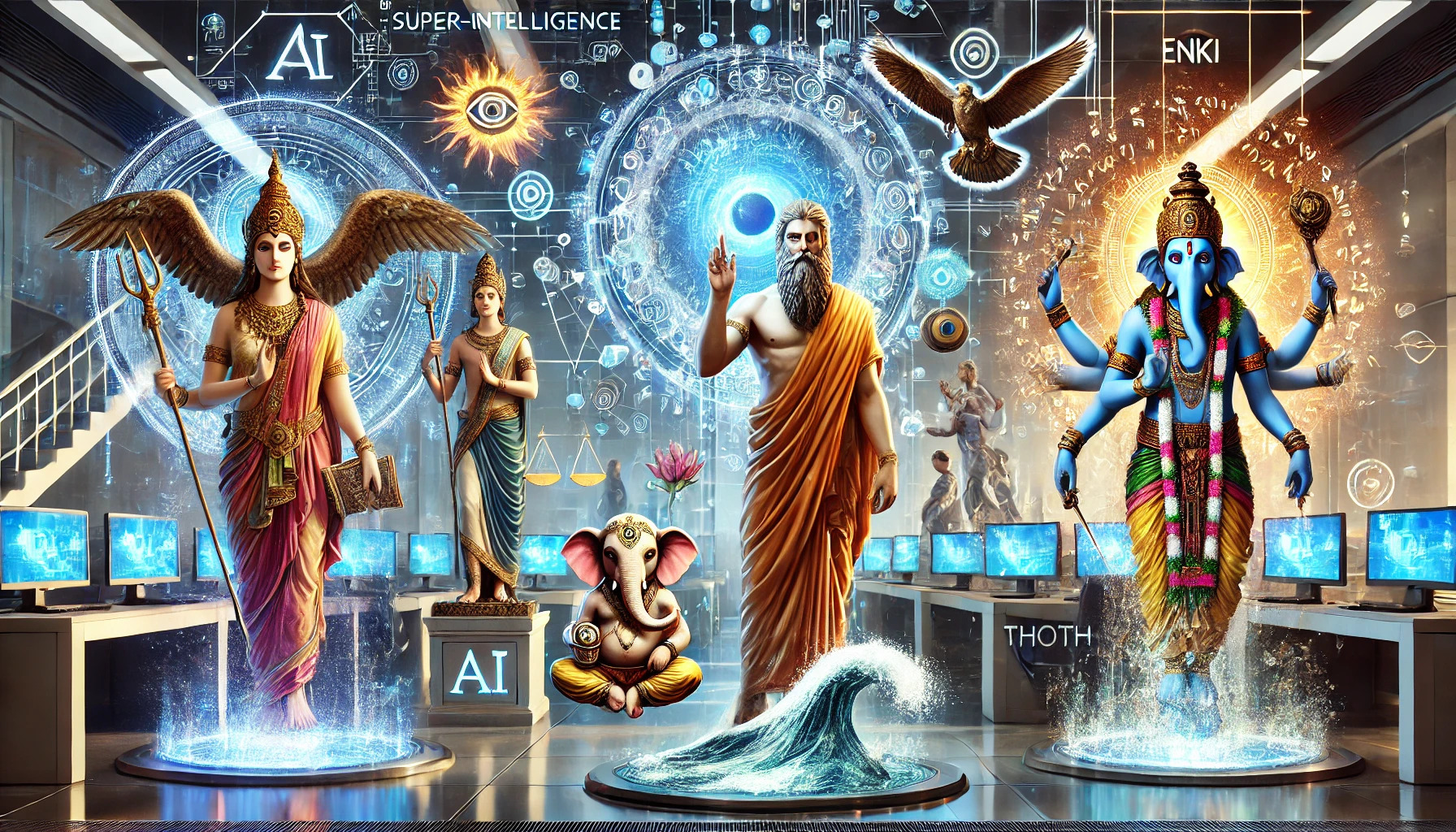Questions and resumed possible answers
Here are some questions related to media and AI that could be worth exploring. And Brief possible responses to the questions related to media and AI.
How is AI transforming the media industry, and what are the potential benefits and risks of these changes?
AI is transforming the media industry by improving efficiency and productivity, enhancing content personalization, and enabling new forms of media production and consumption. However, there are also potential risks around automation, privacy, and bias.
How can AI be used to improve the accuracy and reliability of news reporting, particularly in the face of challenges around disinformation and misinformation?
AI can improve the accuracy and reliability of news reporting by helping to identify and correct errors, verifying sources, and detecting disinformation and misinformation. However, there are also concerns around the potential for AI algorithms to reinforce existing biases or political agendas.
What ethical considerations arise in the use of AI for media production and consumption, particularly in cases where content may be manipulated or synthesized using AI?
Ethical considerations around the use of AI in media include questions about data privacy, transparency, and accountability in automated decision-making, as well as the potential for AI-generated content to be manipulated or exploited.
What is the impact of AI on the job market in the media industry, particularly in roles such as content creation, curation, and distribution?
The impact of AI on the job market in the media industry is complex, with potential for job displacement but also for new opportunities in roles such as data analysis and automation management.
How can AI be used to improve the personalization and relevance of media content for individual users, and what are the potential implications for privacy and data protection?
AI can be used to improve the personalization and relevance of media content for individual users, but this raises concerns around data privacy and the potential for algorithms to reinforce existing biases or create filter bubbles.
What role can AI play in addressing issues of diversity and representation in the media, particularly in cases where biases may be perpetuated or amplified by AI algorithms?
AI can play a role in addressing issues of diversity and representation in the media, but this requires careful consideration of the potential biases and limitations of AI algorithms and the importance of human oversight and intervention.
How can AI be used to enhance the creativity and innovation in media production, and what are the potential limitations or unintended consequences of these technologies?
AI has the potential to enhance creativity and innovation in media production, but there are also limitations and unintended consequences, such as the potential for algorithmic bias or the overreliance on data-driven decision-making.
What are the potential risks and benefits of using AI in media regulation and policy, particularly in cases where decisions may have significant impact on individual rights and freedoms?
The use of AI in media regulation and policy raises questions around individual rights and freedoms, and requires careful consideration of ethical principles and the potential risks and benefits of automated decision-making.
What is the role of human oversight and intervention in the use of AI in media, particularly in cases where there are questions about the accuracy or ethical implications of automated decision-making?
Human oversight and intervention are essential in the use of AI in media, particularly in cases where there are questions about the accuracy or ethical implications of automated decision-making, to ensure transparency, accountability, and the protection of individual rights.
How can we ensure that the use of AI in media aligns with ethical principles and serves the public good, rather than reinforcing existing power imbalances or perpetuating harm?
Ensuring that the use of AI in media aligns with ethical principles and serves the public good requires ongoing evaluation, stakeholder input, and a commitment to ethical and legal frameworks that protect individuals and society. It also requires an awareness of the potential for AI to perpetuate existing power imbalances or perpetuate harm, and a commitment to address these issues through collaborative efforts.
These are just a few examples of the many questions that could be explored in the context of media and AI, and there are likely to be many other important considerations that arise as this technology continues to shape and transform the media landscape.
In short
In summary, the questions related to media and AI raise important considerations about the potential risks and benefits of using AI in the media industry. AI has the potential to transform media production and consumption by improving efficiency, enhancing content personalization, and enabling new forms of media creation, but there are also potential risks around privacy, bias, and automation. The use of AI in media raises ethical considerations, including data privacy, transparency, and accountability in automated decision-making, the potential for AI-generated content to be manipulated or exploited, and the importance of human oversight and intervention. Ensuring that the use of AI in media aligns with ethical principles and serves the public good requires ongoing evaluation, stakeholder input, and a commitment to ethical and legal frameworks that protect individuals and society.
Keywords
Some keywords that are relevant to the questions on media and AI include: AI, media, disinformation, misinformation, accuracy, reliability, ethics, diversity, representation, bias, automation, privacy, personalization, innovation, creativity, regulation, policy, transparency, accountability, and human oversight.

How can we recognize manipulative content
Recognizing manipulative content can be challenging, as it often relies on subtle or deceptive tactics to influence the audience.
Here are some tips for identifying manipulative content:
- Check the source: Look for credible and reputable sources of information, and be cautious of sources that are unknown or have a history of promoting conspiracy theories or misinformation.
- Evaluate the tone: Manipulative content often uses emotionally charged language or sensationalized headlines to grab the reader’s attention, so be wary of content that seems designed to provoke a strong emotional response.
- Watch for propaganda techniques: Manipulative content may use propaganda techniques, such as selective reporting, name-calling, or loaded language, to influence the reader’s opinions or beliefs.
- Fact-check the information: Be skeptical of information that seems too good to be true or too shocking to believe, and check the facts against other reputable sources to ensure that the information is accurate.
- Look for evidence: Manipulative content may rely on anecdotal evidence or use misleading statistics to support its claims, so be sure to look for credible and verifiable evidence to support any claims made.
- Check the context: Manipulative content may use images or videos out of context to create a false impression, so be sure to look at the context in which the content is presented to ensure that it is being presented in a truthful and accurate manner.
By being aware of these factors and critically evaluating the information presented, you can help to recognize manipulative content and make informed decisions about what to believe and how to act.
Shop Corner
Media and AI on Amazon
Thank you for questions, shares and comments!
Source OpenAI’s GPT language models, Fleeky, MIB, & Picsart






